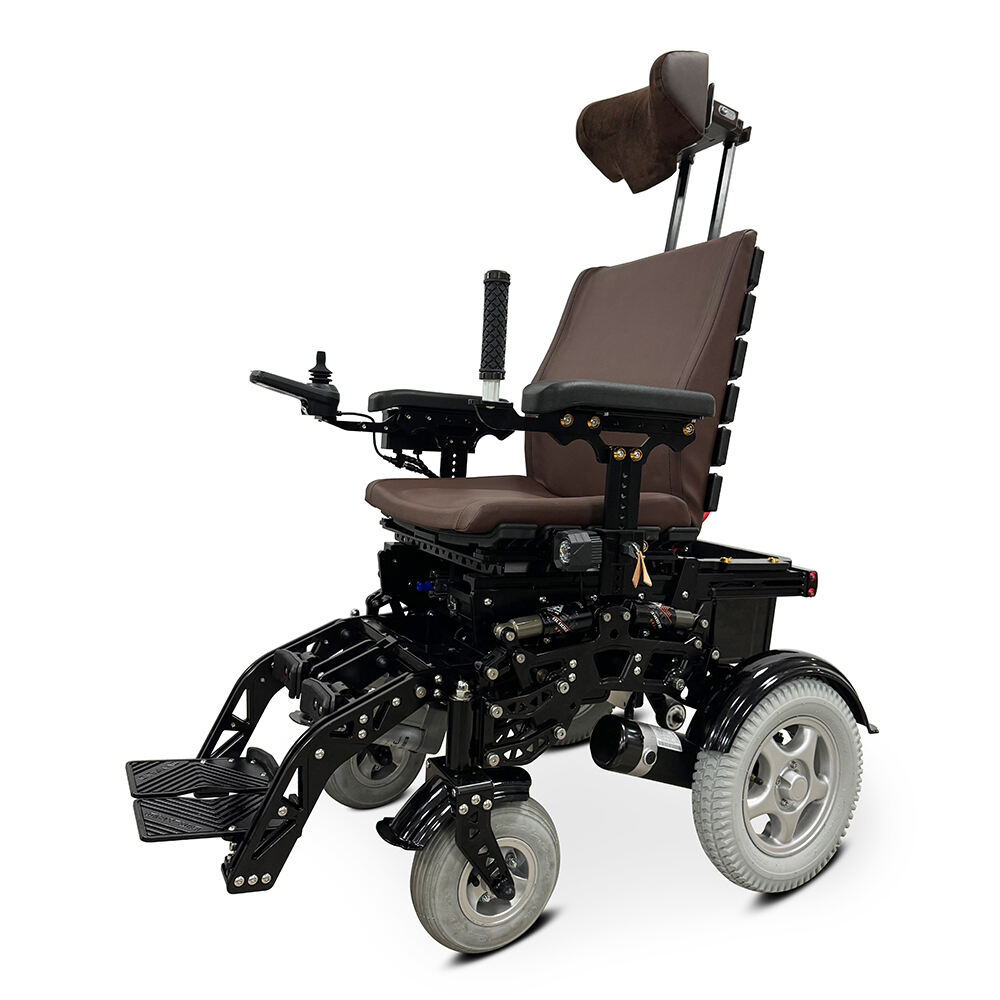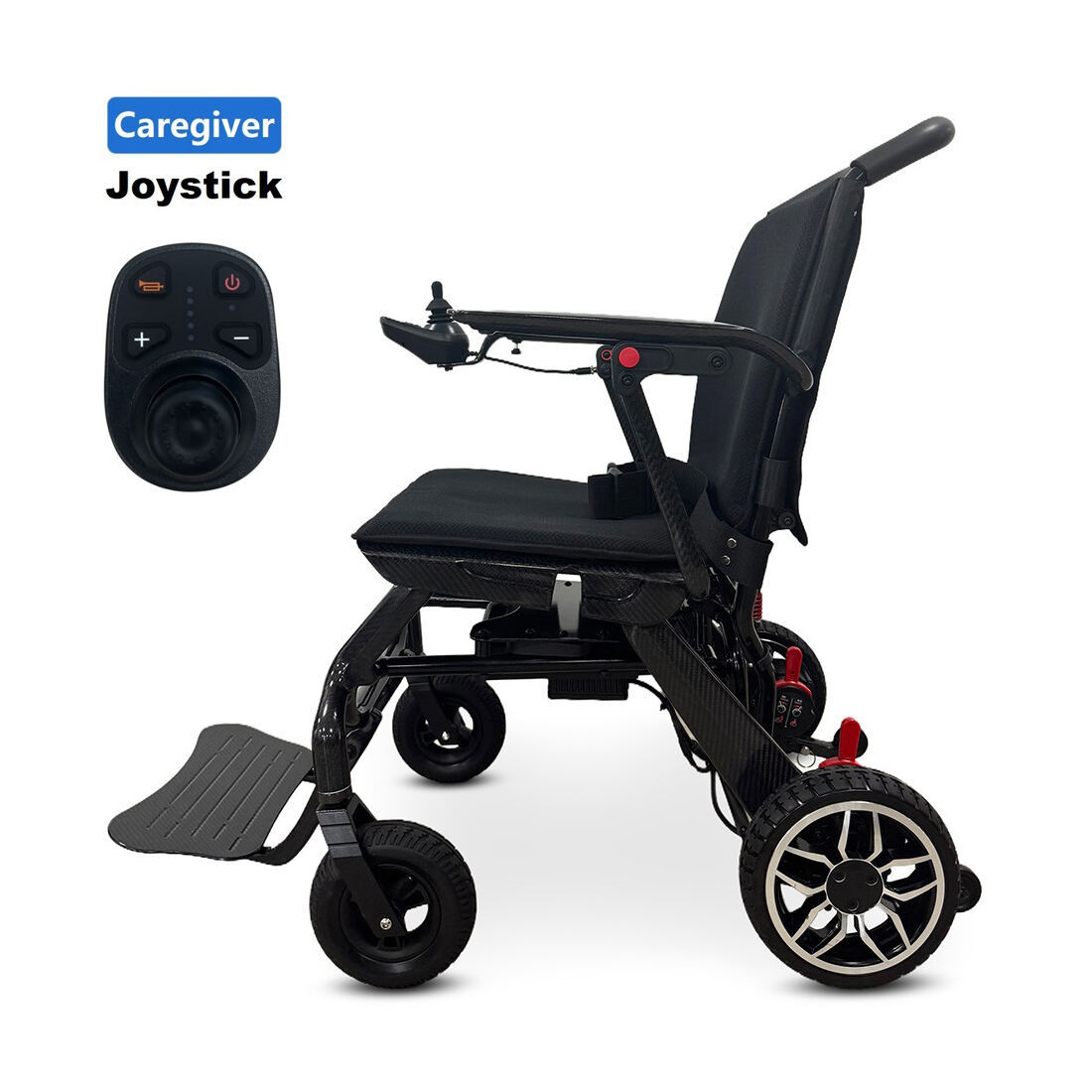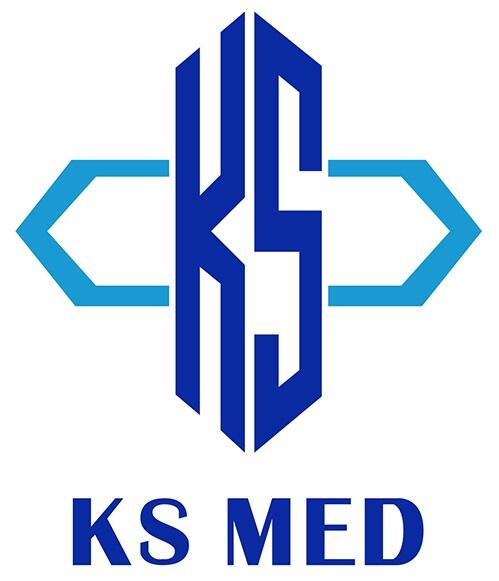The global wheelchair market has witnessed steady growth over the past decade, driven by aging populations, increased prevalence of mobility impairments, and rising healthcare expenditures. According to recent industry reports, the global wheelchair market is expected to grow at a compound annual growth rate (CAGR) of approximately 6–7% over the next five years. This growth is fueled by both developed markets seeking high-performance mobility solutions and emerging markets where accessibility initiatives are gaining traction.
For distributors, suppliers, and healthcare institutions, identifying a reliable wheelchair factory has become a critical strategic decision. The market increasingly demands wheelchairs that balance quality, customization, and cost-effectiveness. End-users are no longer satisfied with basic functionality; they seek ergonomic designs, durable materials, and options that suit diverse environmental conditions. This trend has intensified the importance of assessing manufacturing partners based on their production capacity, material versatility, and quality assurance processes.
Moreover, OEM (Original Equipment Manufacturer) and ODM (Original Design Manufacturer) capabilities are highly valued. Distributors and international buyers often require customized wheelchairs to differentiate their offerings or meet regulatory standards in different regions. A wheelchair factory that can handle large-scale production while offering flexible customization options positions itself as a preferred partner in the competitive global supply chain.
In addition, global sustainability trends are influencing buyer preferences. Factories that incorporate eco-friendly materials, efficient production processes, and strict compliance with international standards enjoy higher credibility among buyers. Overall, the evaluation of a wheelchair factory must consider market trends, production scalability, material selection, and the ability to meet stringent quality standards to ensure long-term reliability and profitability.

A reliable wheelchair factory demonstrates several critical capabilities that differentiate it from less experienced or lower-quality manufacturers. First, large-scale production capacity is essential. High-volume manufacturing ensures that distributors can meet both sudden surges in demand and consistent long-term orders. Factories with advanced machinery, automated assembly lines, and organized workflow can maintain efficiency without compromising product quality. For international buyers, scalability is especially important as market demands fluctuate seasonally or regionally.
Second, diverse material options significantly enhance a factory’s competitiveness. Leading wheelchair factories offer wheelchairs made from aluminum alloy, steel, and carbon fiber, each catering to different market segments and price points. Aluminum alloy provides lightweight and corrosion-resistant solutions, steel delivers durability for heavy-duty usage, and carbon fiber ensures ultra-lightweight performance with high strength. A factory’s ability to source, process, and integrate multiple materials reflects both technical expertise and supply chain reliability.
Third, a comprehensive quality control system is critical to ensuring consistent product performance. Reliable factories implement strict inspection protocols throughout the production process, including raw material verification, in-process testing, and final product evaluation. Certification and compliance with international standards, such as ISO or CE, further confirm a factory’s commitment to quality. For buyers, this reduces the risk of defective products, warranty claims, and reputational damage.
Additionally, OEM and ODM capabilities play a pivotal role. A factory that accommodates design customization, branding, and functional modifications allows distributors and corporate clients to offer unique products in competitive markets. Advanced prototyping, flexible production lines, and dedicated engineering teams are indicators of a factory’s readiness to deliver tailored solutions.
Finally, logistical efficiency, responsive customer support, and adherence to lead times further reflect a factory’s reliability. A wheelchair factory that can coordinate international shipments, manage inventory, and provide timely technical assistance positions itself as a long-term strategic partner rather than merely a supplier.
Evaluating a wheelchair factory requires a rigorous assessment of its production environment and product testing protocols. A structured evaluation begins with inspecting the production facilities, including assembly lines, machining areas, and storage for raw materials. Clean, organized, and well-maintained workshops indicate a commitment to operational excellence. Advanced equipment, automation, and precision tools support consistent manufacturing quality across large-scale orders.
Next, the testing environment for wheelchairs is essential for ensuring performance and durability. Leading factories simulate real-world conditions such as uneven terrain, long-distance travel, and repeated use cycles. They conduct tests for structural integrity, load capacity, wheel performance, brake efficiency, and stability. These controlled conditions help identify weaknesses before products are shipped to market. For example, endurance tests on frames made of aluminum, steel, or carbon fiber validate material resilience under stress.
In addition to mechanical testing, battery and electrical system evaluations are crucial for electric wheelchairs. Reliable factories perform charging and discharging cycles, monitor energy efficiency, and verify safety features such as emergency brakes or overload protection. This ensures that products not only meet regulatory requirements but also perform reliably in real-world usage scenarios.
Ergonomic assessment is another critical component. Factories evaluate seat comfort, backrest support, and adjustable components to guarantee that wheelchairs provide optimal user experience. Repeated usability testing ensures that foldable frames, footrests, and control systems operate smoothly and reliably.
Furthermore, environmental testing—such as humidity, temperature, and corrosion resistance tests—assesses how wheelchairs perform under varying climatic conditions. This is particularly important for international distributors whose clients may use wheelchairs in tropical, arid, or cold regions.
Finally, the factory’s quality documentation and reporting procedures are evaluated. Detailed records of production batches, testing results, and compliance certifications allow third-party assessors to confirm adherence to standards. This transparency builds confidence for distributors and end-users that the wheelchairs meet high-quality benchmarks.

In conclusion, a comprehensive evaluation of a wheelchair factory involves examining production capacity, material versatility, quality assurance systems, and testing protocols. Large-scale manufacturing capability, combined with diverse material options including aluminum alloy, steel, and carbon fiber, ensures that the factory can meet various market demands. Strict quality control and robust testing environments further confirm that products consistently meet performance and safety standards.
For distributors and international buyers, partnering with a factory that offers OEM and ODM services provides additional strategic advantages. Customization options, branding flexibility, and responsive technical support allow distributors to differentiate their offerings and maintain competitive positioning in diverse markets.
It is recommended that evaluators prioritize factories demonstrating both operational efficiency and rigorous quality assurance. Visiting production facilities, reviewing certification documentation, and observing real-world testing procedures are essential steps in making an informed decision. Factories that maintain detailed production records and adhere to international standards provide greater assurance of long-term reliability.
In essence, a reliable wheelchair factory is more than just a manufacturer; it is a strategic partner capable of supporting product innovation, scalability, and consistent quality. Distributors who invest time in thorough assessment and selection are better positioned to ensure customer satisfaction, minimize operational risks, and establish sustainable market growth in the competitive global mobility aids sector.
 Hot News
Hot News2025-05-15
2025-05-15
2025-05-15
2025-05-15
 ONLINE
ONLINE ONLINE
ONLINE
Copyright © 2025Ningbo Ks Medical Tech Co., Ltd. all rights reserved - Privacy policy